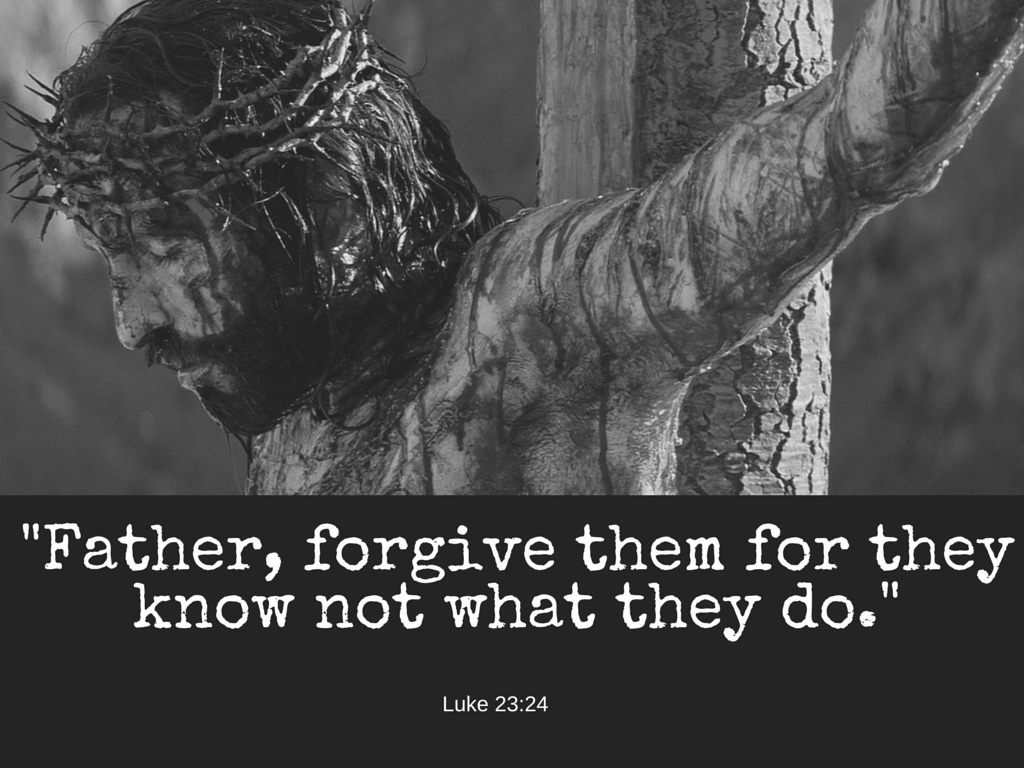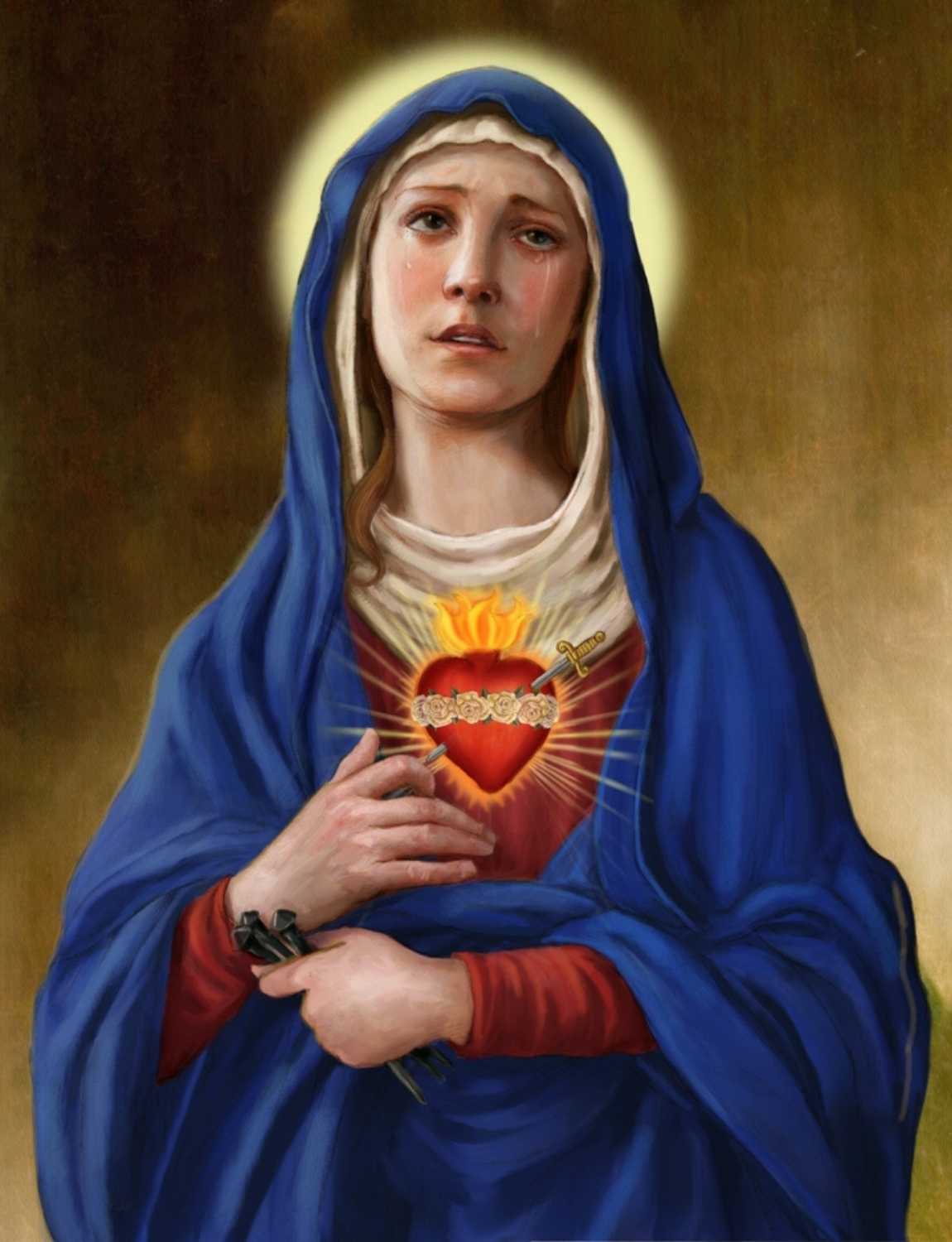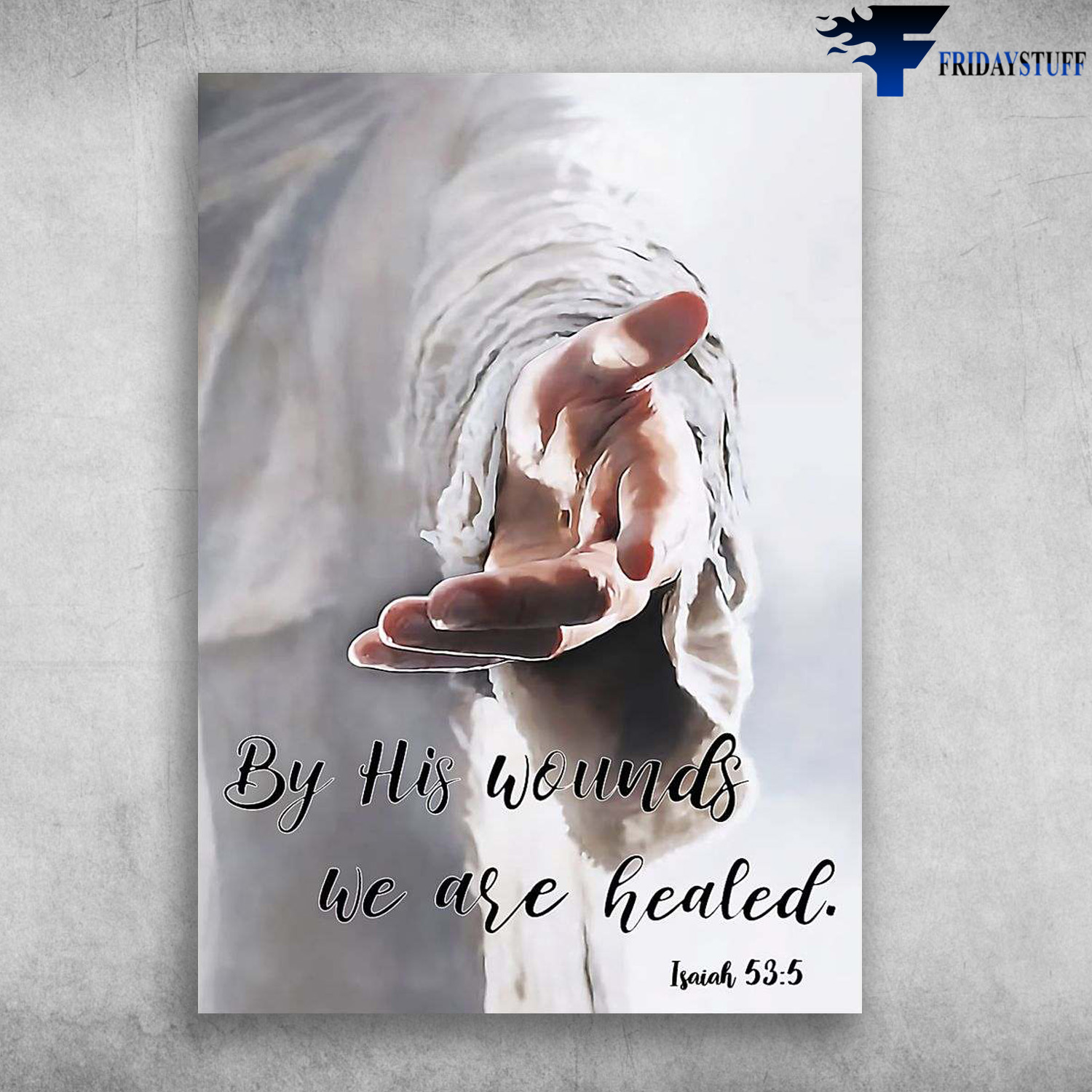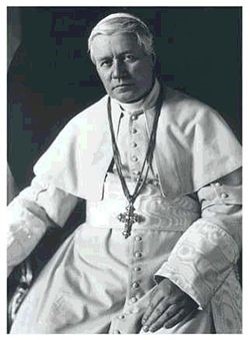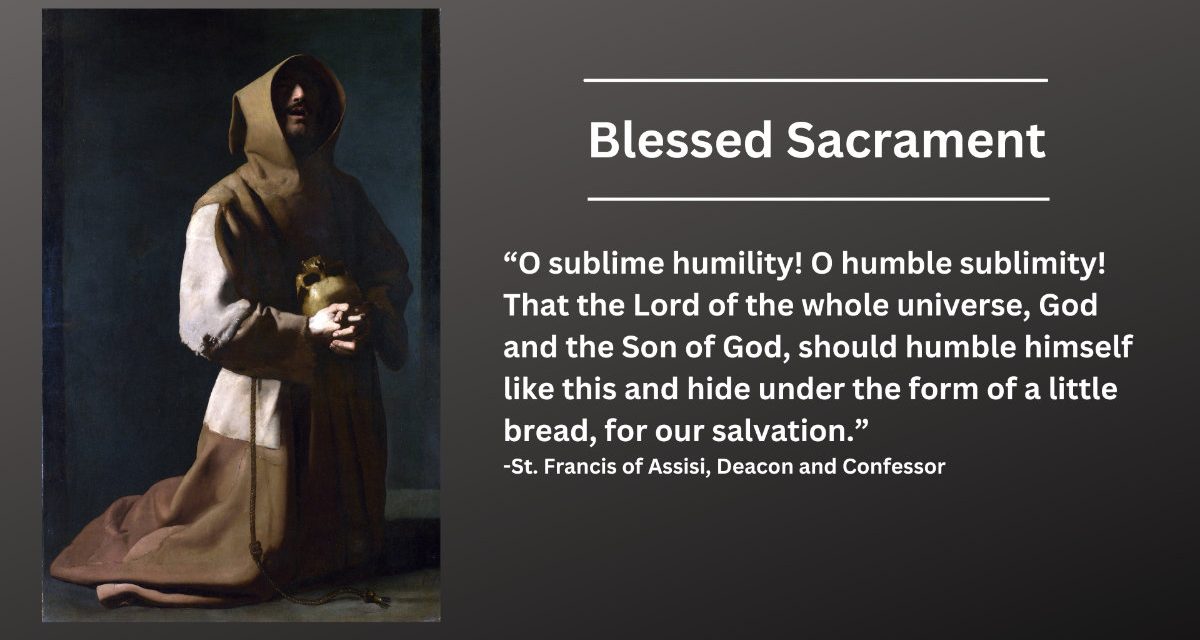
In the Gospel today, one son at first refused to do his father's will and then changed his mind and did it. The other son said he would do the will of his father, but later refused. Jesus was always obedient to the will of His heavenly Father.
Today’s second reading speaks about the humility of Jesus. St. Paul said, “…He emptied Himself, taking the form of a slave, coming in human likeness; and found in human appearance, He humbled Himself, becoming obedient to the point of death, even death on the Cross.”
Imagine for a moment, what if God the Father said this to Jesus, His only-begotten Son, “I want you to become a man and to live with human beings. You will have two natures, both human and divine. For many years they won’t recognize your divinity and will treat you as one of them.
To become human, you must descend from heaven by the power of the Holy Spirit and become an unborn fetus. You will be so small, you won’t have eyes to see, ears to hear, nor a mouth to speak. For nine months, you will be in the womb of a Virgin, who will take you place to place as you grow inside Her. You will eventually have a heart, which will beat, but that heart will someday be pierced after your death. You will be born in poor conditions and placed in an animal trough. The breath of animals will keep you warm. Your Mother and step-father will teach you talk, to walk, to write, and you will grow in wisdom and strength. You will be Jewish and speak their language. As you grow, you will work beside your stepfather. The trees you created, you will cut down and make into furniture and later a tree you created will be used to hang your hands and feet by nails. The humans will mistreat you, they will ignore you. They will not know you are my eternal Son, who is God. Eventually many will come to know who you are, as their Messiah, their Savior and God. You will come to know hunger and thirst and sweat. You will need to sleep, eat and pray. You will continue to have power to change stones into bread, but will not do so. I want you to establish a Church and through its sacraments, every generation will have the opportunity of becoming one with us through baptism so that we may dwell within their hearts. They will be able to confess their sins to a representative who will share in your priesthood. The sacrifice you make on Calvary will become present in every age on the altar-- in what will be called the Holy Mass. But your greatest act of humility will be that you will take the form of bread and the humans will eat your flesh and drink your blood, so that we can be one with them and bring them to eternal life.
In your Eucharistic humility, you will enter into the hearts of humans and in your hidden unity, when you are one with each person, who receives You in Communion, you will pour into their hearts your love and grace to grant them eternal life and raise them up on the last day.
In your humility, priests will move your divine presence in the Eucharist to and from place to place and keep you stored in a humble tabernacle.
People will come and gaze upon your humility in the Sacred Host. They will kneel before you during Eucharistic Adoration, and it will cause them to humble themselves by receiving You in on their tongue.
Many of them will be your followers, who will die out of love of you as martyrs. Others will betray you and hand you over. They will accuse you falsely, spit upon you, slap you, and hit you with their fists. They will place a crown of thorns on your head and scourge your back until you are nearly dead. They will have you carry the wooden beams they will hang you. One of your greatest sufferings, will be to see your Mother stand beneath your Cross and with tears flowing from Her cheeks, Her Heart will be pierced. They will place your dead body in Her lap, and then in a tomb. But three days later, by your own power, you will rise from the dead, receive a glorified body and greet them.
Saints will write about your humility and your example and inspire others to come to know you and love you and the Holy Spirit and accept me as their heavenly Father. For what they do to you, they do to me, and you will tell them, “The Father and I are One.” The Holy Spirit will be sent to give birth to the Church on Pentecost and will guide them to all truth. When you ascend back to me on a cloud with your physical body marked by your wounds, the angels will bow down in awe of you and your humility. So that at your name, Jesus, every knee shall bend, of those in heaven and under the earth and every tongue confess that Jesus Christ is Lord, to my glory.
And Jesus responded with the same words His Mother would someday say, “Be it done unto me according to thy word.” When the fullness of time had come, God sent His Son, born of woman subject to the law, to redeem those under the law, so that we may receive out adoption as sons and daughters.
I would like to close with these words of St. Francis of Assisi about the humility of God in the Eucharist. St. Francis of Assisi told his friars: “Kissing your feet, therefore, and with all the love of which I am capable, I implore all of you brothers to show all possible reverence and honor to the most holy Body and Blood of our Lord Jesus Christ in Whom that which is in heaven and on earth has been brought to peace and reconciled to almighty God . . . How holy, just and fitting must be he (the priest) who touches with his hands, receives in his heart and mouth, and offers to others to be received the One Who is not about to die but Who is to conquer and be glorified, upon Whom the angels longed to gaze . . . Let everyone be struck with fear, let the whole world tremble, and let the heavens exult when Christ, the Son of the living God, is present on the altar in the hands of a priest! O wonderful loftiness and stupendous dignity! O sublime humility! O humble sublimity! The Lord of the universe, God and the Son of God, so humbles Himself that for our salvation He hides Himself under an ordinary piece of bread! Brothers, look at the humility of God, and pour out your hearts before Him! Humble yourselves that you may be exalted by Him! Hold back nothing of yourselves for yourselves, that He Who gives Himself totally to you may receive you totally!”


